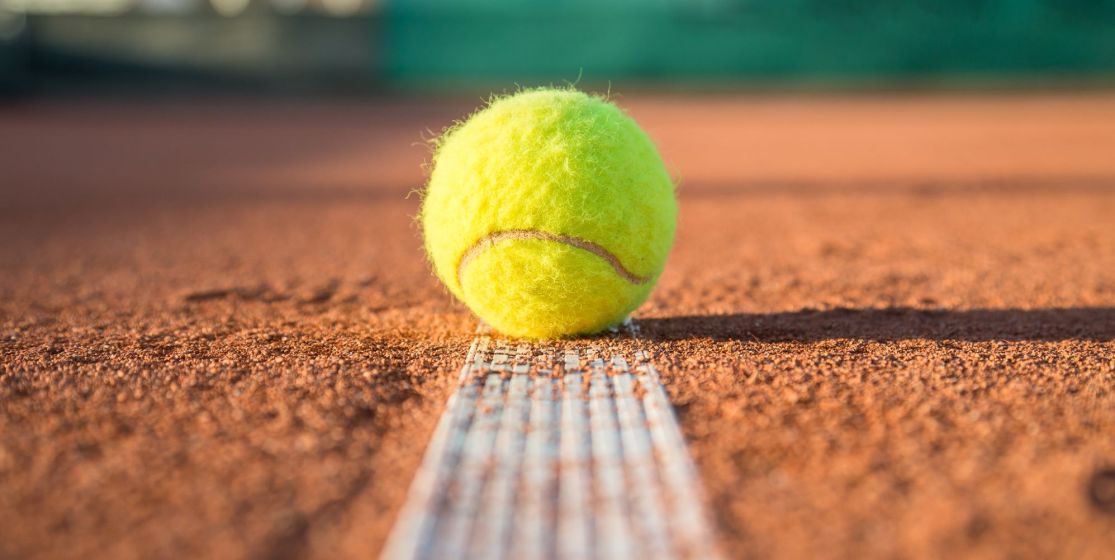After an historical final at Roland Garros, it’s back to the regular tour with the start of the grass courts season and Wimbledon on the horizon. Better yet: there will even be a catch up session this year with the Olympics at the All England Club a fortnight later...
What then? We came very close to something colossal. Something that Rosewall, Newcombe, Nastase, Borg, Panatta, Stan Smith, Connors, McEnroe, Vilas, Wilander, Lendl, Becker, Edberg, Kuerten, Sampras and Courier all dreamed of achieving one day. A feat realised by Agassi, Federer and Nadal, but over several years. What we're talking about is the Grand Slam over twelve months - whether it’s in a calendar year doesn’t matter. To hold the four major tournaments together remains the Holy Grail. Nolé came close and who knows what would have happened if he had managed to take the fourth set in the final of the French Open. Unfortunately for him, he didn’t become the second player to beat Rafael Nadal in Paris (after Soderling) nor the one able (after Federer in Miami in 2005...) to come back from two sets down against the Spaniard and finally win. Had he succeeded, we would have lacked for superlatives. Instead, Rafa became the record holder of victories at Roland Garros and we don't know which one of these performances is the most incredible...
« The slowest courts of the year »
What then? The great feast is not yet digested and we already have to look ahead to the grass-court season. The green month will be extended by three weeks this year, since the Olympics will be held in London in late July-early August, on the courts of the All England Lawn Tennis and Croquet Club. Roland Garros was not even finished before Queens and Halle had already started. We play this week in 's-Hertogenbosch with "Wim" the week after before going on to play one of most unlikely tournaments of the year, in Newport in the US. Just that. "Since 2001, the Wimbledon organizers have changed the playing conditions. The composition of the grass is no longer the same; the game is slower, more sensitive to top-spin because the ground is harder so the bounces are not the same. So, the transition from clay to grass is not as complicated now as it used to be" thinks Ilie Nastase, finalist in London in 1976. Immediately following the implementation of this new surface, Tim Henman complained about the slowness of the court. In 2002, the final between David Nalbandian and Lleyton Hewitt was an endless succession of long rallies from the baseline. "Before 2001, I used to go up to the net behind almost all of my first serves and half of the second serves. But since, I played serve-and-volley on half of my first serves and none of my second serve. It just wasn’t possible anymore” recalled the South African Wayne Ferreira in the Guardian in 2009. Blame it on this new grass, on the new rackets and even on the new stringing that facilitate the passing shots: "A lot of players that did not even exist before on grass suddenly became effective. There are many rallies and players who play from the baseline who can now compete at Wimbledon. Before, there was just Borg and Agassi and yet they knew how to volley. Today, when it's cold and rainy, it looks like the slowest courts of the year” adds Nastase.
The line missing on Federer’s resume
What then? The London Olympics, then. The only difference (but a huge one nonetheless): the tournament will be played as best-of-three-sets, making big surprises more likely. Using this format, Novak Djokovic would not have passed the fourth round in Paris. Although Mecir (1988), Agassi (1996), Kafelnikov (2000) or Nadal (2008) became Olympic champions, the format of two sets is an open door to all kind of surprises. The fact that amongst the winners are Marc Rosset on Barcelona's clay (1992) and the Chilean Massu in Athens (2004) proves it. Not to mention the presence of unlikely finalists like Arrese (92) or Mardy Fish as a raw youngster eight years ago. "Tennis at the Olympics holds a special place in the players’ hearts. It reminds them of their childhood watching TV, of all the stars of the other sports, and it only takes place every four years. I grew up in post-war Romania and the Olympics where the greatest event. I would have loved to participate (absent since 1924, tennis returned to the Olympics only in 1988, Ed.). Roger Federer would love to win it, as it's one of the few tournaments he has yet to win but it will be a lottery..." says Nastase. A lottery? Outsiders, bit-part players that we haven’t seen much over the season, revelations... Names? "Tomic, who made the quarter-finals at Wimbledon last year; Raonic, Dolgopolov, Gasquet or a guy like the South African, Anderson can go on a run and have the tournament of their life” says the 1973 French Open champion. “But well, the three monsters of the rankings, they also want this Olympic title. Whoever wins it will have to pass through them..."
By Rico Rizzitelli






